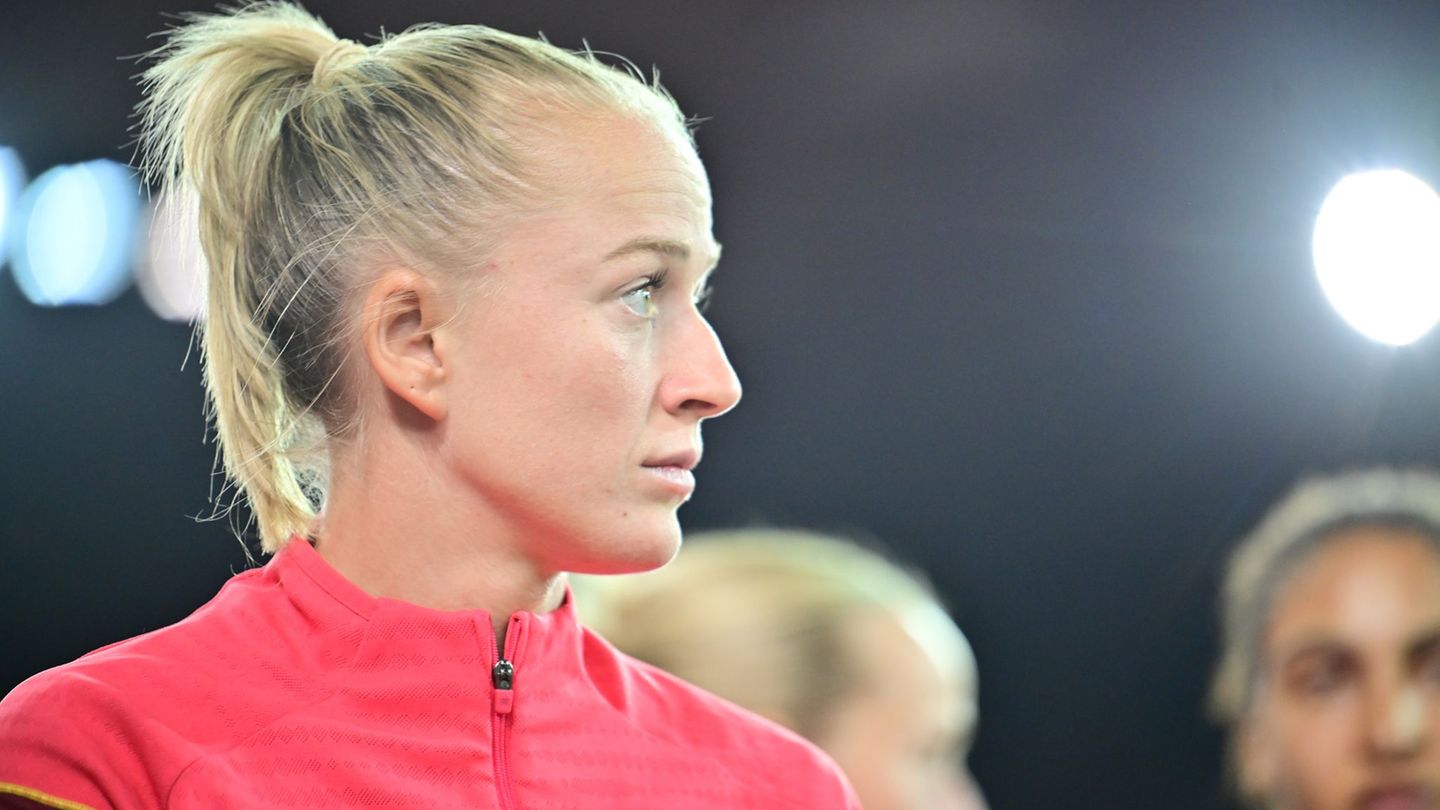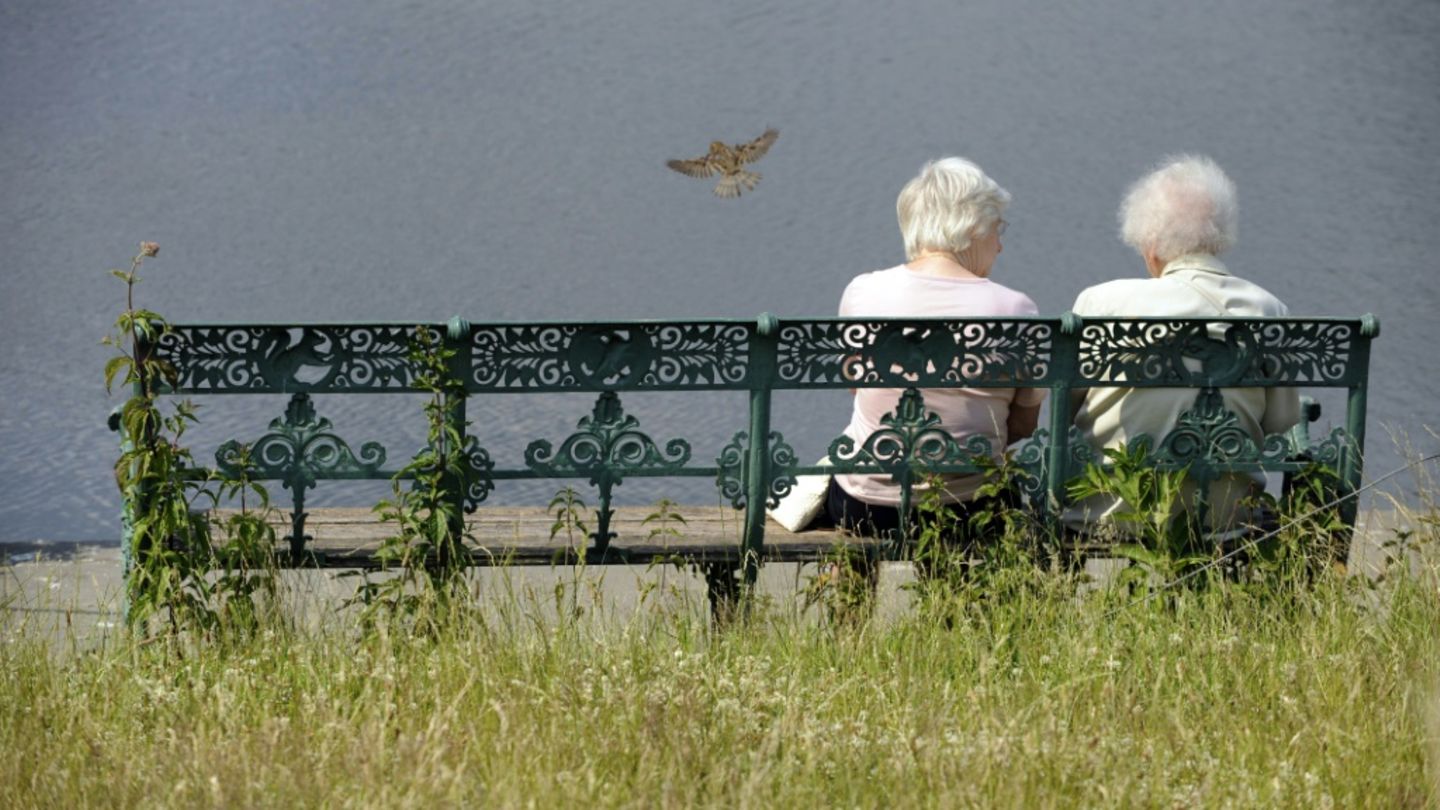Who makes a career, who gets to the top? Eastern Germans are too often left behind, says the Eastern Commissioner Schneider and is looking for solutions. But he rejects one suggestion.
Those who have nothing to say can easily feel like second-class citizens. This is exactly the effect that Eastern Commissioner Carsten Schneider sees in East Germany. 33 years after German unification, there are still too few East Germans in top positions in politics, media, justice or culture, compared to their share of the population. At least there are a little more than five years ago, as the new “Elite Monitor” shows.
“It has a slightly positive trend, but there is still a lot to do,” said Schneider when presenting the new figures from the research project at the universities of Leipzig and Jena and the Görlitz/Zittau University of Applied Sciences.
In 2018, the proportion of “elites” with East German origins was 10.8 percent – in 2022 it was at least 12.2 percent. However, the scientists put the population share of native East Germans at around 20 percent. And it is too early to speak of a trend, said Leipzig political scientist Lars Vogel.
The “Elite Monitor” looks at around 3,000 top positions and looks at the publicly available biographical data of the people who hold these positions. The scientists also conduct interviews.
Mix of causes
Vogel confirmed that this lack of representation in top positions was definitely noticed by the population. “This is not a purely academic discussion,” said the scientist. “When you perceive that, you also have a stronger feeling of being a second-class citizen.” The other way around: If individual groups are better represented in leadership positions, this can reduce the feeling of being disadvantaged.
But how do you do that? There is a mix of causes and a corresponding mix of recommendations for action, said politics professor Astrid Lorenz, also from the University of Leipzig.
One of the causes is the “long-term effect of the GDR system”, such as a lack of recognition for academic degrees acquired in the GDR in “state-related” subjects such as law, economics or social sciences. English is also considered important for management positions, but language skills are unevenly distributed – at least in the age groups that are currently being considered for top positions.
There is no special support for East German students, the Elite Monitor continues. And fewer people among East Germans could imagine taking on a leadership position themselves than among West Germans. There was a lack of role models, so people had less confidence in themselves. Added to this is the tradition of a once much less hierarchical society: “It’s not appropriate to attract attention like that.” This is how Lorenz put it.
Mix of recommendations for action
“Some things cannot be changed overnight,” she admitted. But the political scientist had some very simple recommendations: For example, artificial intelligence could make your own foreign language skills less important; When awarding state-subsidized scholarships, it should at least be recorded where the scholarship holders come from. And universities should advertise scholarships to East German students, which are often the basis for lifelong networks and opportunities for advancement, said Lorenz.
The Left Party’s East Representative, Sören Pellmann, is sure that more is needed. “The underrepresentation of East Germans in leading positions in society will not disappear on its own, but we need an Eastern quota – at least in federal authorities and federal ministries,” demanded Pellmann. He called Schneider’s assessment after half a legislative period modest: “Schneider complains a lot, but hardly takes any action.”
SPD politician Schneider naturally sees things differently. He rejects an Eastern quota, simply because “East German” cannot be defined in a legally watertight manner. Instead, he relies on long lines: “Only those who got in at the bottom arrive at the top.”
Source: Stern
I have been working in the news industry for over 6 years, first as a reporter and now as an editor. I have covered politics extensively, and my work has appeared in major newspapers and online news outlets around the world. In addition to my writing, I also contribute regularly to 24 Hours World.




